Mad like Sheogorath.
Bethesda tortures reviewers—unintentionally, I hope. Not in the same manner as Dark Souls, whose brand of punishment exists in a separate dimension, but in the manner of irritatingly unpolished greatness. Since my courtship with Bethesda from Fallout 3 to The Elder Scrolls V: Skyrim (all of which I gave high marks), I've come to expect a mountain of bugs and crashes at launch—it's enough to make me mad like Sheogorath. The same goes for any truly massive MMO. Tie the two together in The Elder Scrolls Online, and despite its reported $200 million budget, that expectation for glitches only becomes exponentially larger.
At the time of this writing, mere hours before the five-day early access given to Imperial Edition owners ends, the mailing system has been deactivated and all guild functionality has been removed possibly due to exploits. I've also experienced three network error crashes. I've had more than several questlines become broken due to an enemy failing to spawn or a portal failing to provide a prompt, several cases I fixed by logging out and logging in. The worst instances have forced me to abandon quests altogether and hope that they'll be fixed later.
Those are just half of the technical problems I've faced, as the viewers on our Twitch livestreams would attest. I'm sure The Elder Scrolls Online will run smoothly with enough patches (including a day-one patch that will repair the mailing system), but how many technical faults are you willing to forgive for a continuous $15/month subscription?
That said, the wealth of content, the production value in the graphics and voice-acting, and the sheer scope of the environments cannot be underestimated. I've stopped more than a few times while prowling along the coastline of Auridon just to admire the seaside horizon in the shade of a lonesome tree catching the rays of the setting sun. The undulating geography of each area creates a believable world unencumbered by fields filled to the brim with floating text and respawning grunts. Whether you choose to adventure in first-person or in third-person, no matter which areas you and your faction belong to—be it the Aldmeri Dominion, the Ebonheart Pact, or the Daggerfall Covenant—the land itself carries an air of mystery waiting to be uncovered. And if that fails to impress you, then perhaps the voice-acting and smoothly detailed animations for almost every NPC in the game will.
The emphasis on the panoramic settings is no accident, as The Elder Scrolls Online can be construed as an experiment in unifying single-player RPGs and MMORPGs together by focusing the strengths and mitigating the weaknesses of both genres. Almost every quest has twists and turns not far from those in Skyrim and tend to be based on the lore of the Elder Scrolls series. While the majority of quests still fall under the usual MMORPG gamut of "fetch this, kill that, avoid this, and protect that," a payoff exists for being patient and not clicking through the dialogue tree just to get through the mission, though of course there's no penalty for doing so. More than several quests follow each other in succession, such as those for the three guilds and a Veiled Inheritance assassination plot against the queen in Auridon, which allows you to become attached to recurring NPCs like the awesome Khajiit, Braavos-sounding agent Razum-dar.
The main story anchors the plot around the Daedric Prince Molag Bal and his followers who have sacrificed you in an effort to allow their demonic god to cross the veil and enslave men and mer alike. From the opening mission in the plane of Oblivion known as Coldharbour, your character eventually meets The Prophet, voiced by Michael Gambon (Dumbledore), who imparts sage advice and appears every five levels or so to continue the core storyline. Your name has been written in the prophetic Elder Scrolls themselves, and your destiny rests upon thwarting Molag Bal's plot, rescuing the fabled Companions, and locating the Amulet of Kings, a divine artifact central to the plot of The Elder Scrolls IV: Oblivion. This connection to the core history, beyond the many lorebooks spread throughout the land and materialization of numerous lands not yet seen in any Elder Scrolls title, will handedly convince followers of the Elder Scrolls series to join the fray.
The combat system deftly straddles the line between simplicity and complexity, going beyond the typical strategy of circle-strafing while pressing keys 1 through 0. The left and right mouse buttons control basic attacks and blocks, while clicking them together can interrupt an enemy's charge attack, leaving that enemy stunned and vulnerable to charge attack of your own. Meanwhile, you must avoid the enemy's telegraphed attacks and make sure you don't grab the attention of too many threats. Any fight against a group of three opponents at your level is a risk for death, so understanding spacing and timing abilities well is key.
Since you begin with only five ability slots plus one slot for an ultimate skill, choosing the proper skills from the numerous skill-lines pays dividends in combat. While each class comes with its set of three skilltrees tailored to its core strengths—Dragonknight (tank, DPS), Nightblades (DPS, stealth), Sorcerer (ranged, healer), and Templar (tank, healer)—any ability that causes knockdown, knockback, or stuns have high priority. In particular, Silver Bolts from the Fighter's Guild skilltree can nail undead and daedric monsters to the floor and Blood Altar from the Undaunted skilltree can save groups from danger. The customization for characters cannot be understated either, with additional skilltrees for your weapon, the Mages Guild, vampire/werewolf transformations, and a second weapon swap available at Level 15 where you can switch between two different hotbars.
Still, having number keys 6 through 0 be left unused feels like a waste, even if restricting the abilities to six creates a more challenging experience and normalizes the game across console platforms (Xbox One and PS4 versions will release in June). This action-based combat also suffers more significantly during bouts of lag, which has occurred three times to me, enough that I've learned to reload the game entirely when it happens.
But PvE battles works wonders when everything comes together, particularly during four-player group dungeons which challenge your team with swarms of grunts and a series of sequentially more difficult bosses. The final boss for the Banished Cells defeated my team multiple times before we learned to have the tanks occupy its attention away from the shrine, have the ranger shoot down orbs that healed the boss, and have the healers move carefully around the area while evading lightning AoE blasts. A similar but smaller amount of strategy is required for mini-bosses strewn throughout the map and in public dungeons. But if you generally find the normal combat experience too breezy, then group dungeons and PvP will be your bread and butter.
As an added incentive to explore every marker on the map and complete the mission associated with each of them, skyshards are scattered about the environment too. Collect three and you receive an extra skill point, which can be used to purchase, strengthen, or morph the aforementioned abilities, and provide perks for armor and the six crafting skills. On top of that, the main storyline and a few side quests will grant free skill points as well. If that weren't enough, grinding is not as effective as completing quests for earning experience points, so there's no better motivation to merely picking a direction and seeing what you find. That's the core similarity between Elder Scrolls Online and the main Elder Scrolls series.
The main problem at the moment, though, is that players are camping next to respawning mini-bosses in dungeons only to earn quick experience and grab items from a strong loot table. Twenty over-leveled players will huddle around the boss and destroy it for you without breaking a sweat, robbing you of the challenge. Chests also spawn in a first-come, first-serve basis, a point which could have handled a little better, but it's only a minor annoyance.
Crafting works as you might suspect it would, and you'll probably choose to specialize in one or two weapon and armor crafts (clothing, blacksmithing, woodworking), one magical craft (enchanting, alchemy), and perhaps provisioning, which is the easiest to level since ingredients are littered everywhere in barrels, crates, sacks, and backpacks. Next to none of the base materials required for crafting can be purchased by vendors, which is yet another incentive to explore the world, so you'll likely spend your gold on your horse at the stables or on backpack and bank upgrades, as the amount of inventory space you'll need to dedicate for any of the crafts can become exorbitant. Sometimes it's better to send materials you don't need to a friend via mail or to the bank of one of your guilds, of which you can belong to five. However, it can be slightly difficult to understand how the crafting works, since the tutorial help section provides very little hands-on training.
The optional PvP area of Cyrodiil, which unlocks once your character reaches level 10, has versatility in terms of roles. Merely supporting your faction in any fashion in offense or defense will earn experience points, Alliance points for purchasing siege weapons and repair kits, and skill points through its specific skill tree. So long as you're deploying trebuchets, catapults, and ballistae, repairing fortress walls, placing forward camps for respawn points, capturing shrine-like Elder Scrolls points, or outright killing your opponents, you'll help maintain the fast-travel Transitus Shrine network of your faction and hopefully capture the Ruby Throne. Doing so will grant your faction extra buffs in PvP and PvE, and controlling the Imperial City will make the member with the most Alliance Points during the campaign for that faction the Emperor.
However, one potential problem is that one faction might hold so much power that the other two factions don't have a chance at fighting back. It makes it difficult to complete some of the PvE-like quests scattered about Cyrodiil, as if fighting other human players isn't tough enough already. If one faction is winning by a landslide, there's nothing stopping players from merely joining the winning faction by using one of his or her characters in that faction. The PvP zone also isn't as robust or interesting as other multiplayer modes in other MMOs, especially the arenas, raids, and Warplots in the upcoming Wildstar. While the developers have a long-term plan for PvE, including Veteran Ranks and Adventure Zones for Level 50 characters and the ability to explore the other faction areas for additional Skyshards, I hope they have one planned for PvP too, since experiencing the same campaign by the fourth iteration will get tiresome
How far you stay with The Elder Scrolls Online, if you choose to stay at all, will depend heavily on your expectations. This is not Skyrim with a co-op partner—a solid, sellable concept of its own—and it's not just another MMO to fill in the genre. The Elder Scrolls Online doesn't fit neatly in one category or the other, because it challenges the traditions of both. So if you feel slighted or confused within the first five hours, that's to be expected, and no one should berate you for waiting until the game perhaps becomes free-to-play. But if you can stick through the starting areas to around Level 10, find several friends to group with, and stomach the litany of technical flaws, The Elder Scrolls Online will more than grow on you. Whether it remains that way will be determined when I review the endgame content more thoroughly several weeks from now.
-
Revolutionary graphics for MMO
-
Fantastic voice-acting and animations
-
Combat that shines in group dungeons
-
Strong incentives to explore
-
Great connection to Elder Scrolls lore
-
Great endgame plan for PvE
-
Workable but restrictive hotkey capacity
-
PvP is fine but nothing special
-
Numerous glitches, broken quests right now
-
A few exploits active right now
The Elder Scrolls Online Review Screenshots
-
The Elder Scrolls Online Review Screenshots #1
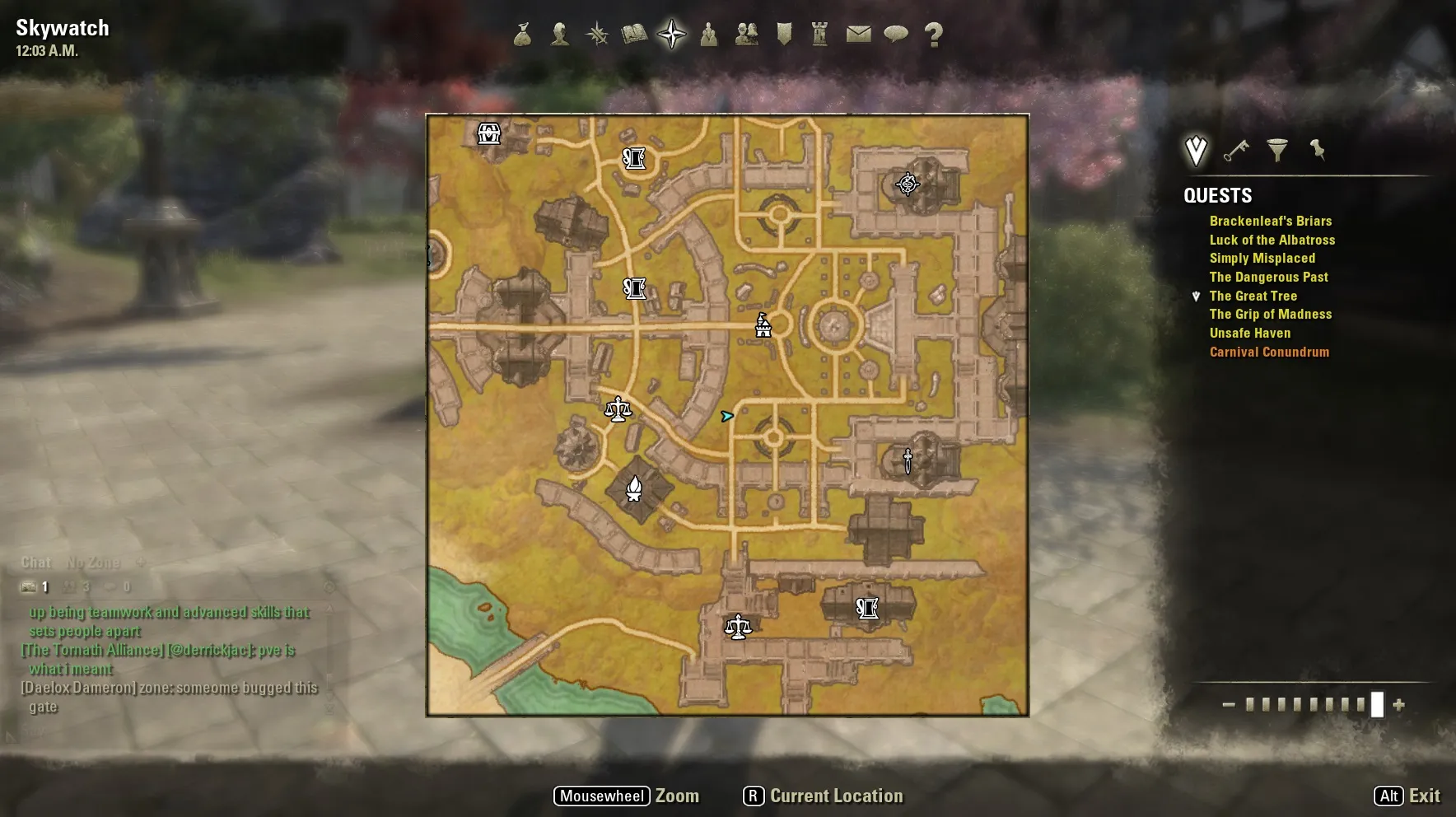 [Click to enlarge.]rn
[Click to enlarge.]rn -
The Elder Scrolls Online Review Screenshots #2
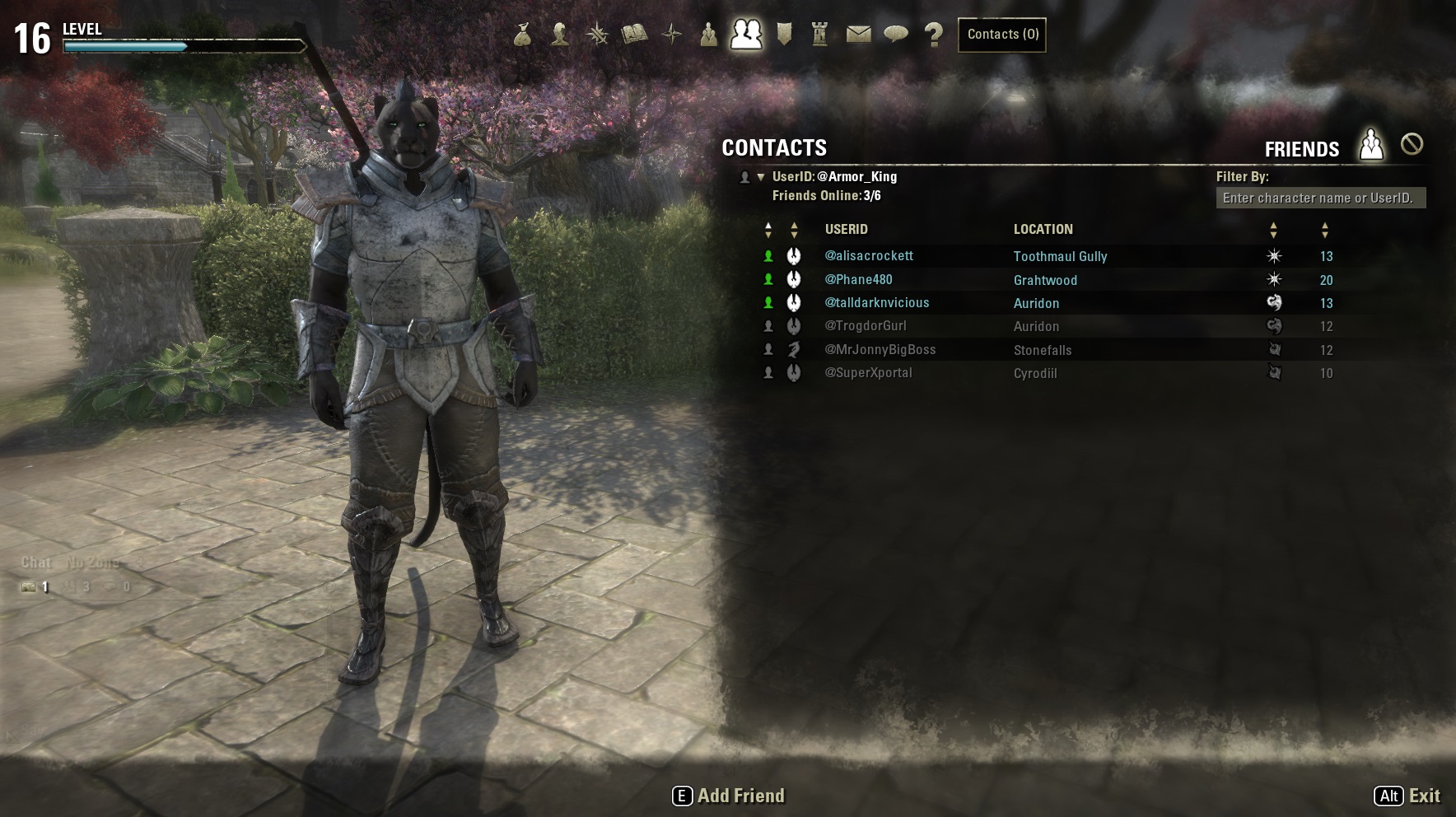 [Click to enlarge.]rn
[Click to enlarge.]rn -
The Elder Scrolls Online Review Screenshots #3
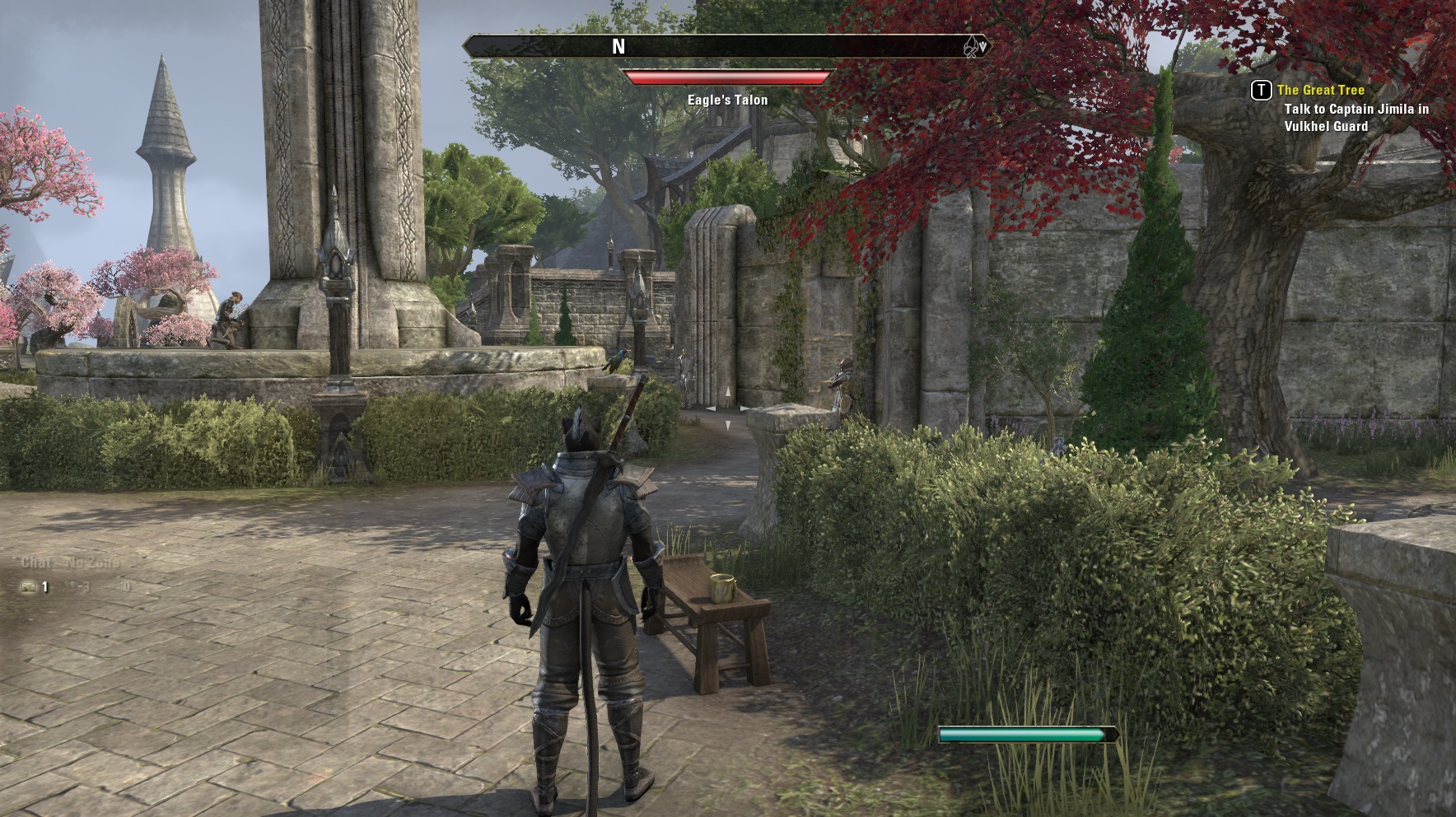 [Click to enlarge.]rn
[Click to enlarge.]rn -
The Elder Scrolls Online Review Screenshots #4
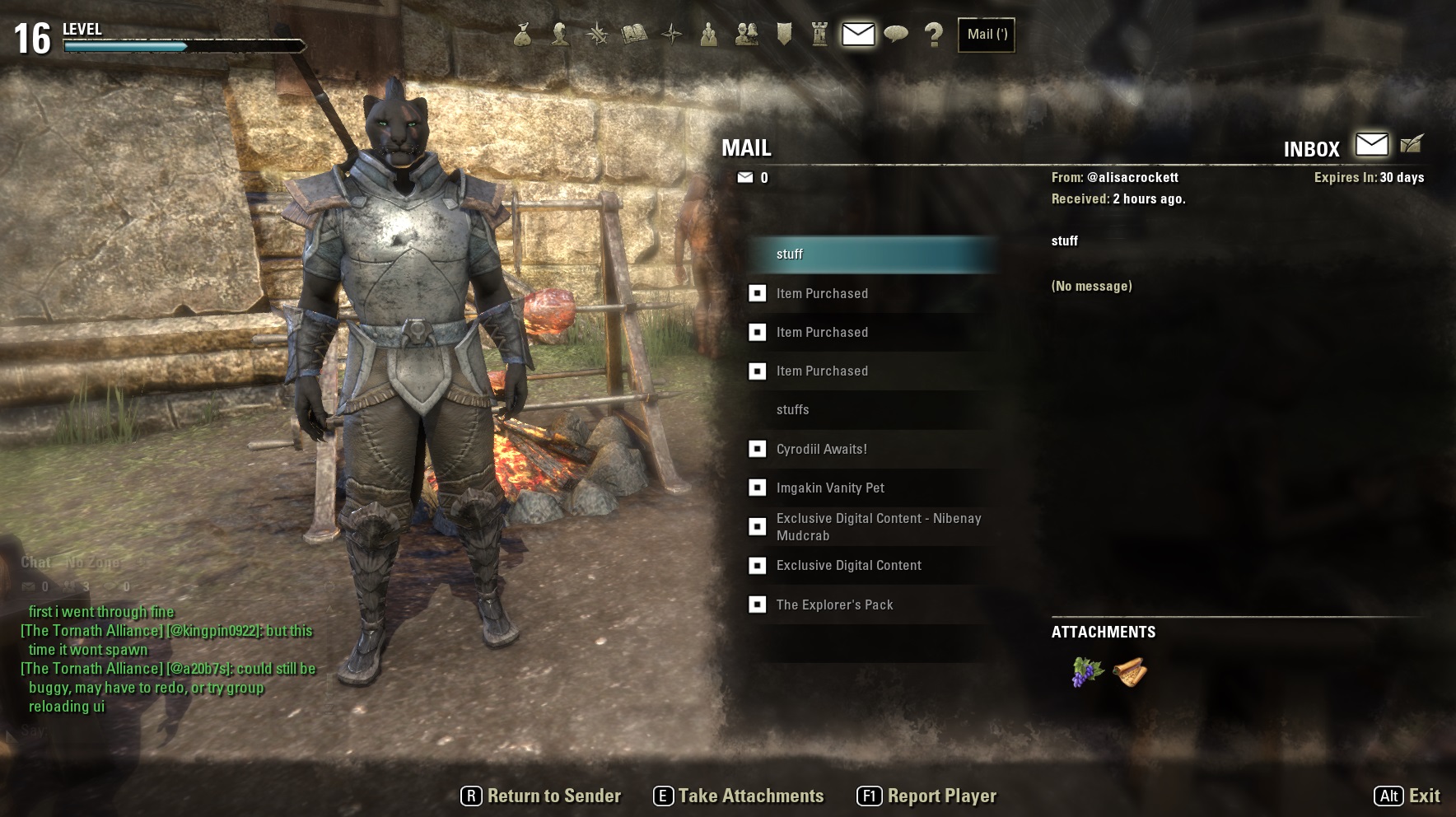 [Click to enlarge.]rn
[Click to enlarge.]rn -
The Elder Scrolls Online Review Screenshots #5
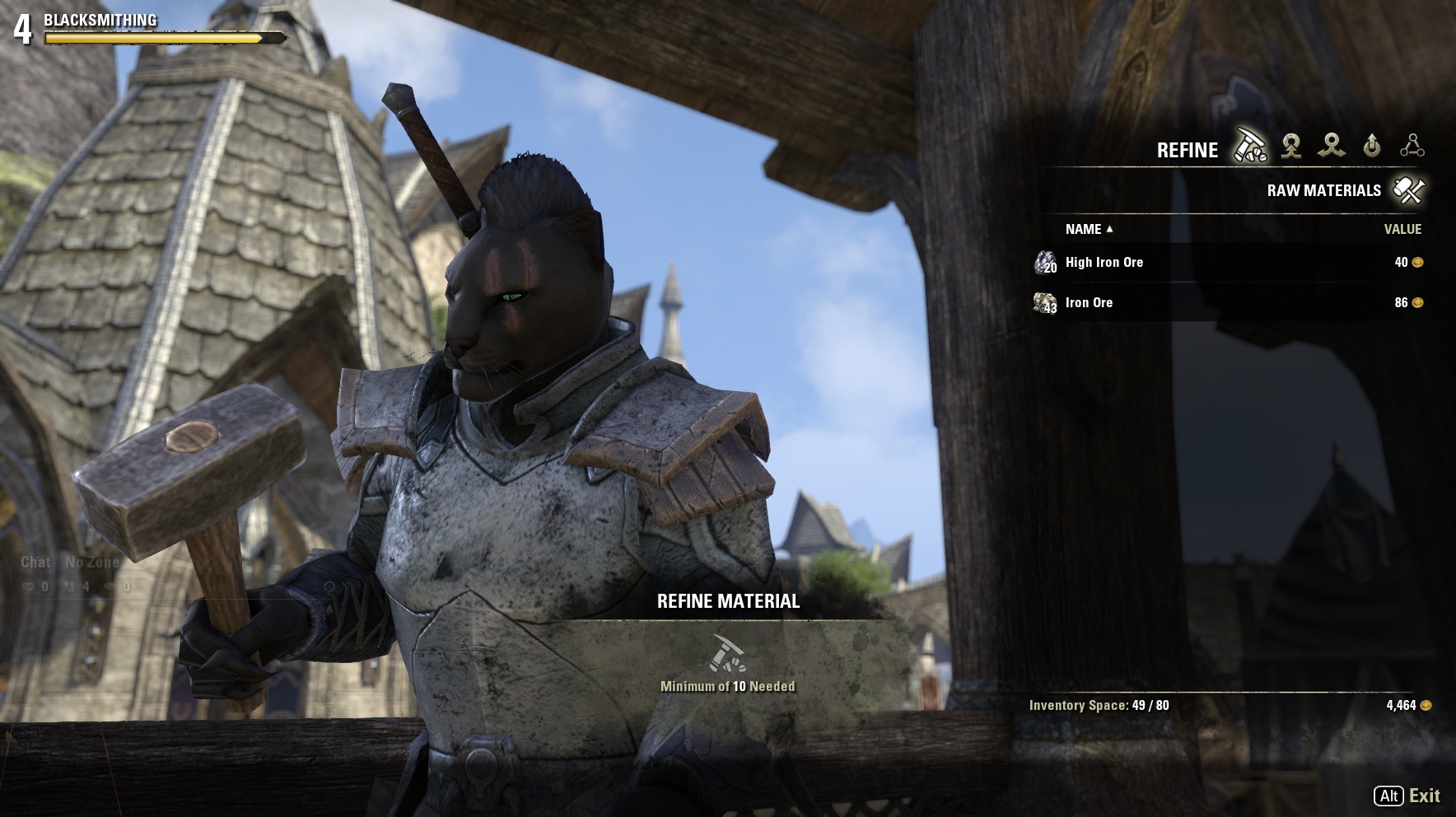 [Click to enlarge.]rn
[Click to enlarge.]rn -
The Elder Scrolls Online Review Screenshots #6
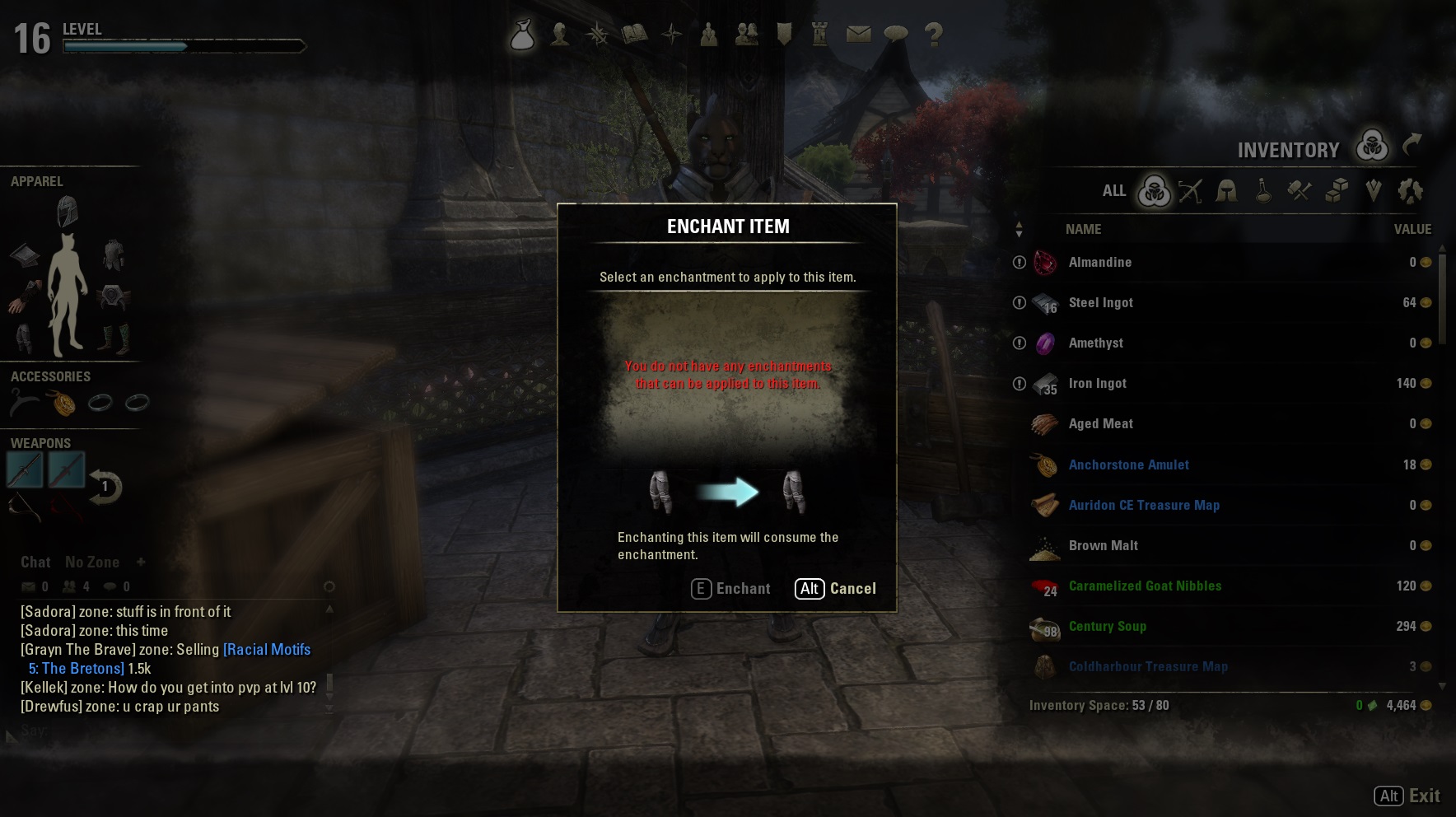 [Click to enlarge.]rn
[Click to enlarge.]rn -
The Elder Scrolls Online Review Screenshots #7
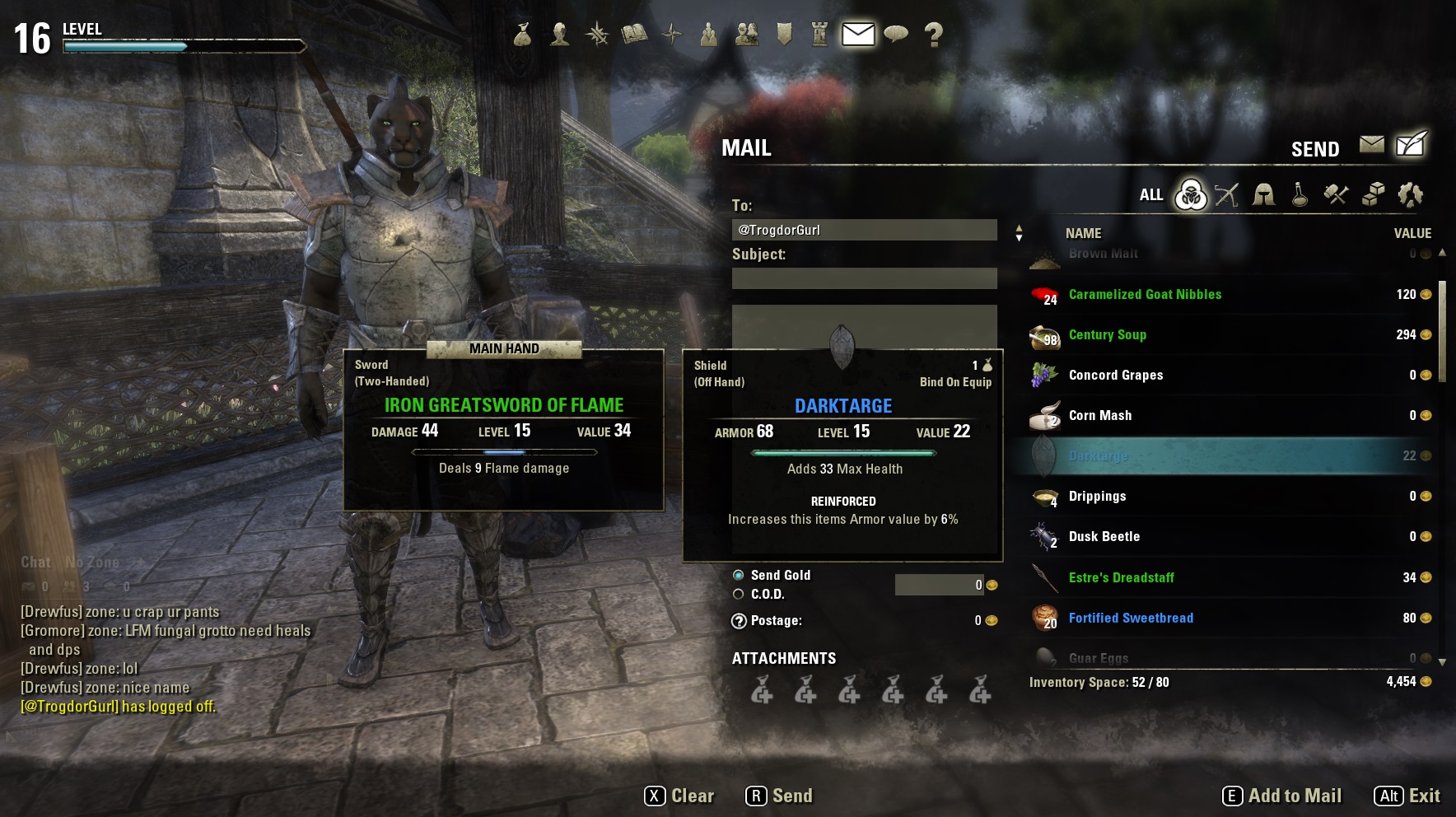 [Click to enlarge.]rn
[Click to enlarge.]rn -
The Elder Scrolls Online Review Screenshots #8
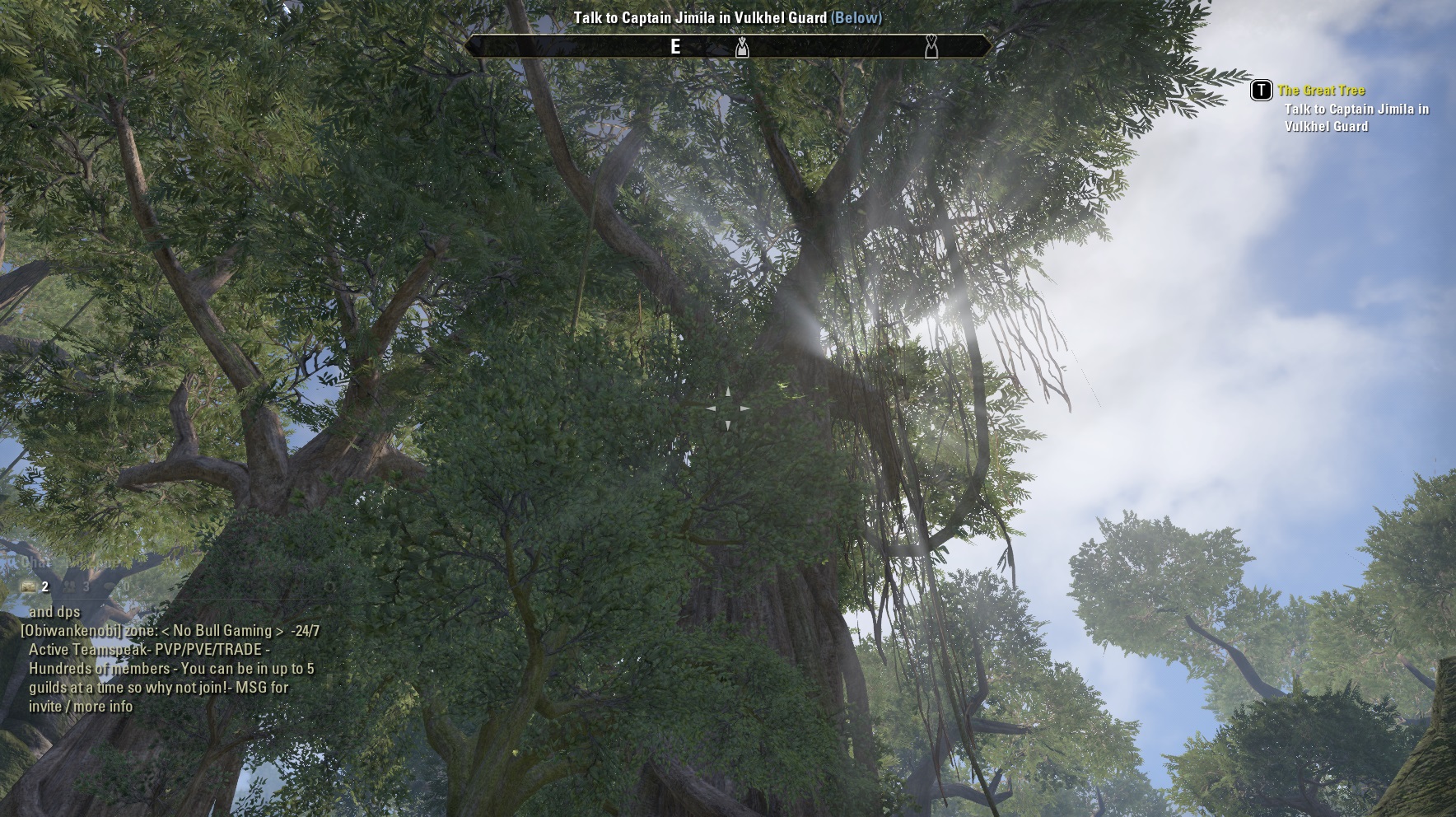 [Click to enlarge.]rn
[Click to enlarge.]rn -
The Elder Scrolls Online Review Screenshots #9
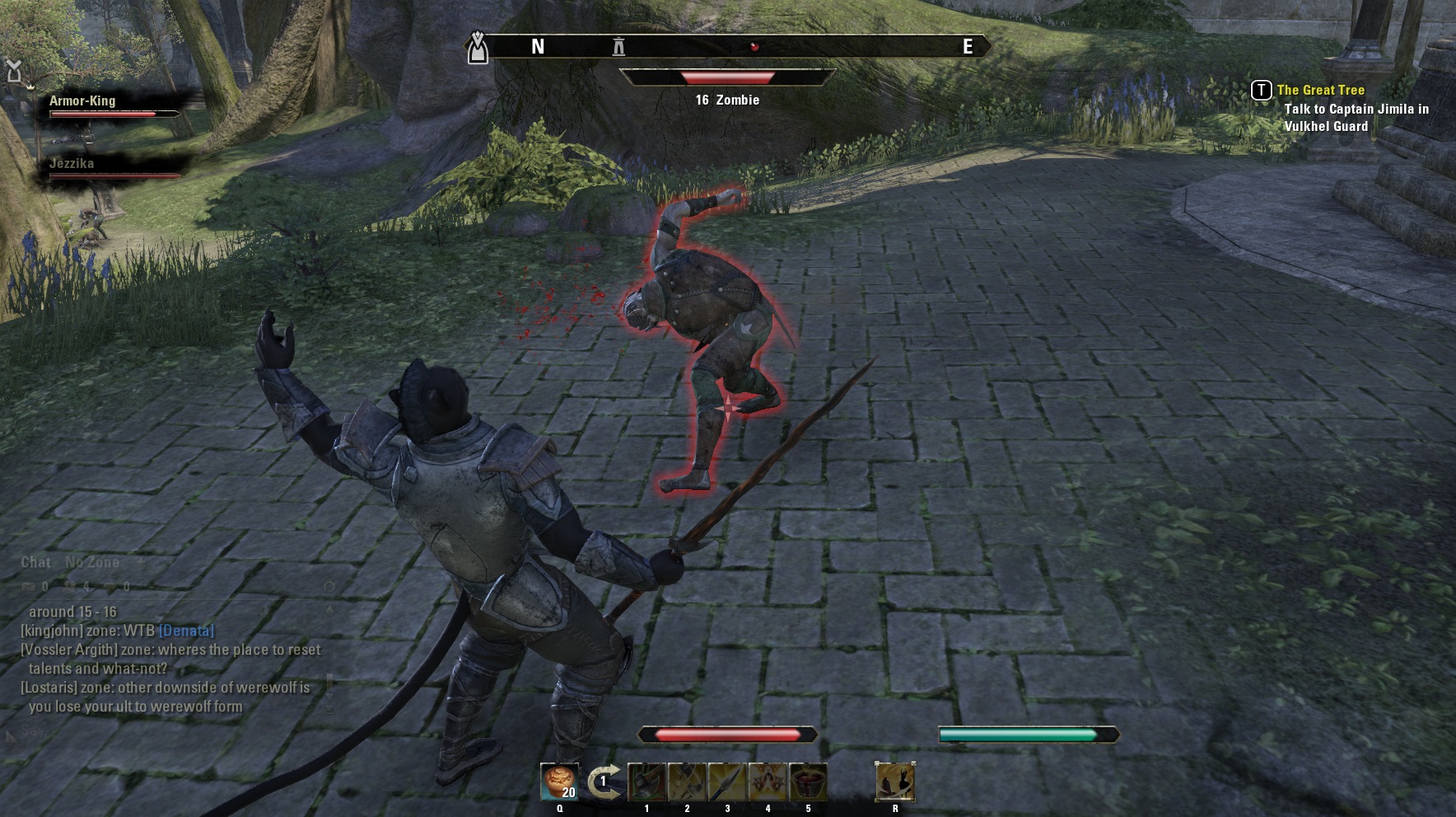 [Click to enlarge.]rn
[Click to enlarge.]rn -
The Elder Scrolls Online Review Screenshots #10
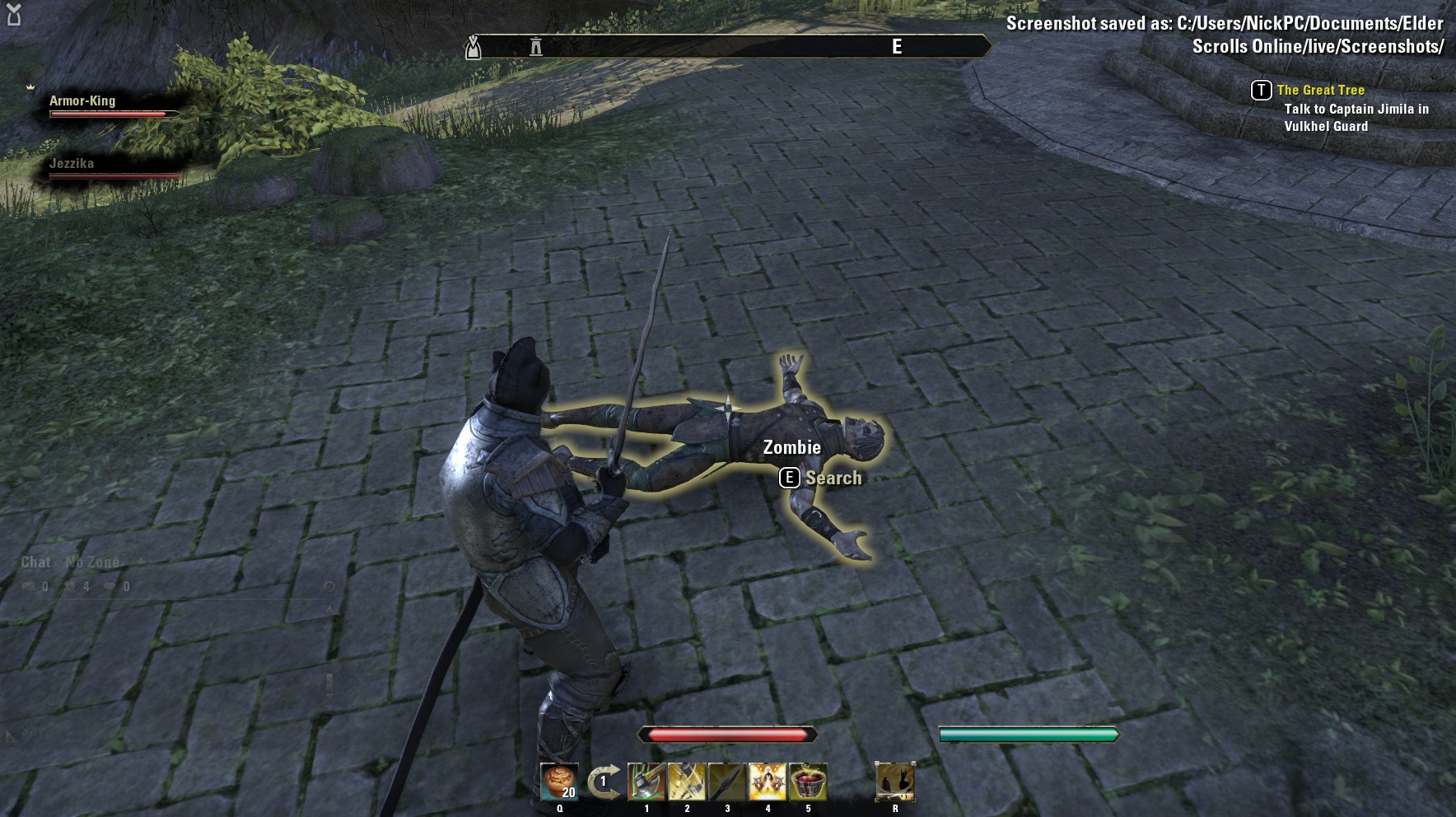 [Click to enlarge.]rn
[Click to enlarge.]rn -
The Elder Scrolls Online Review Screenshots #11
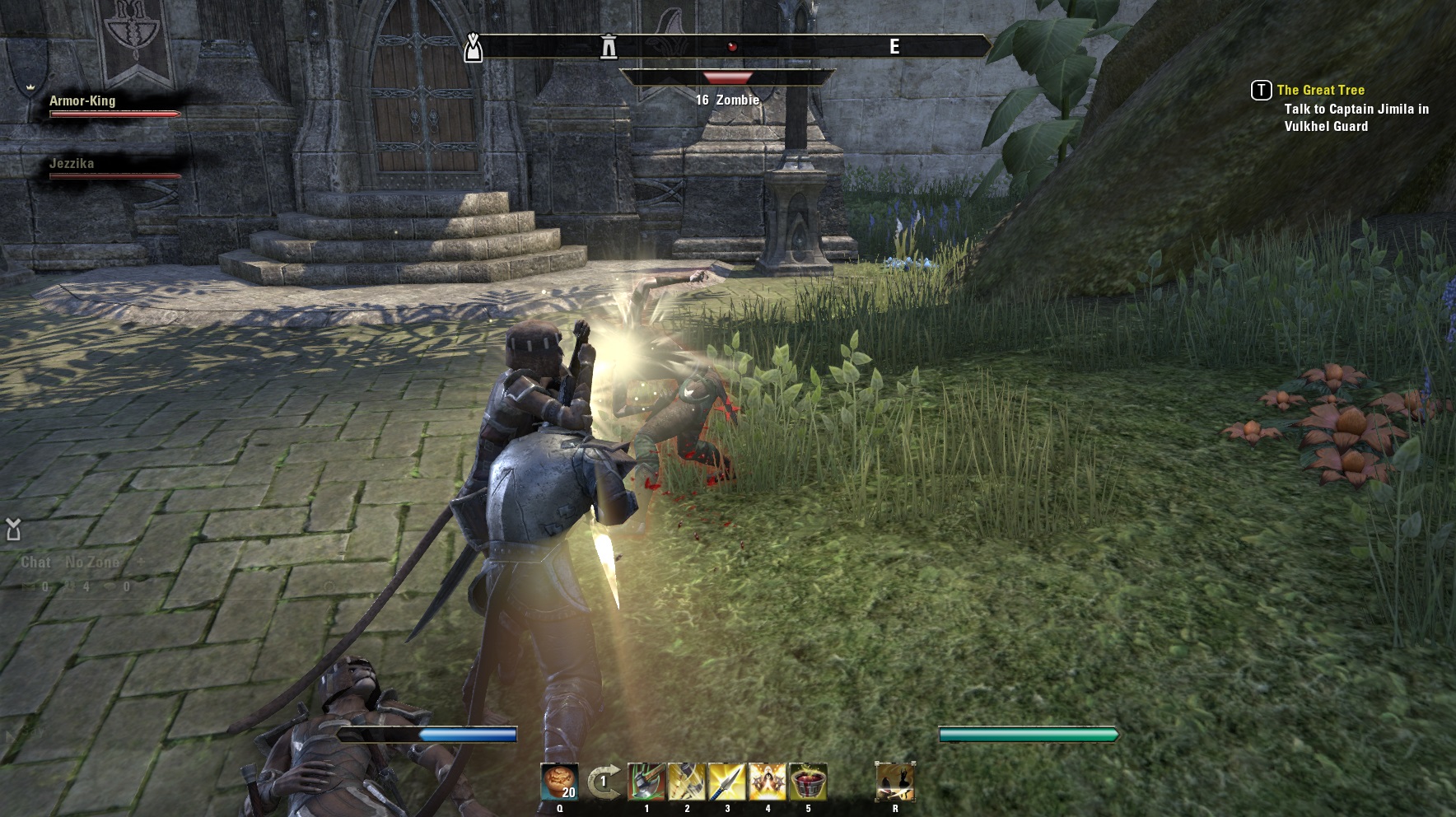 [Click to enlarge.]rn
[Click to enlarge.]rn -
The Elder Scrolls Online Review Screenshots #12
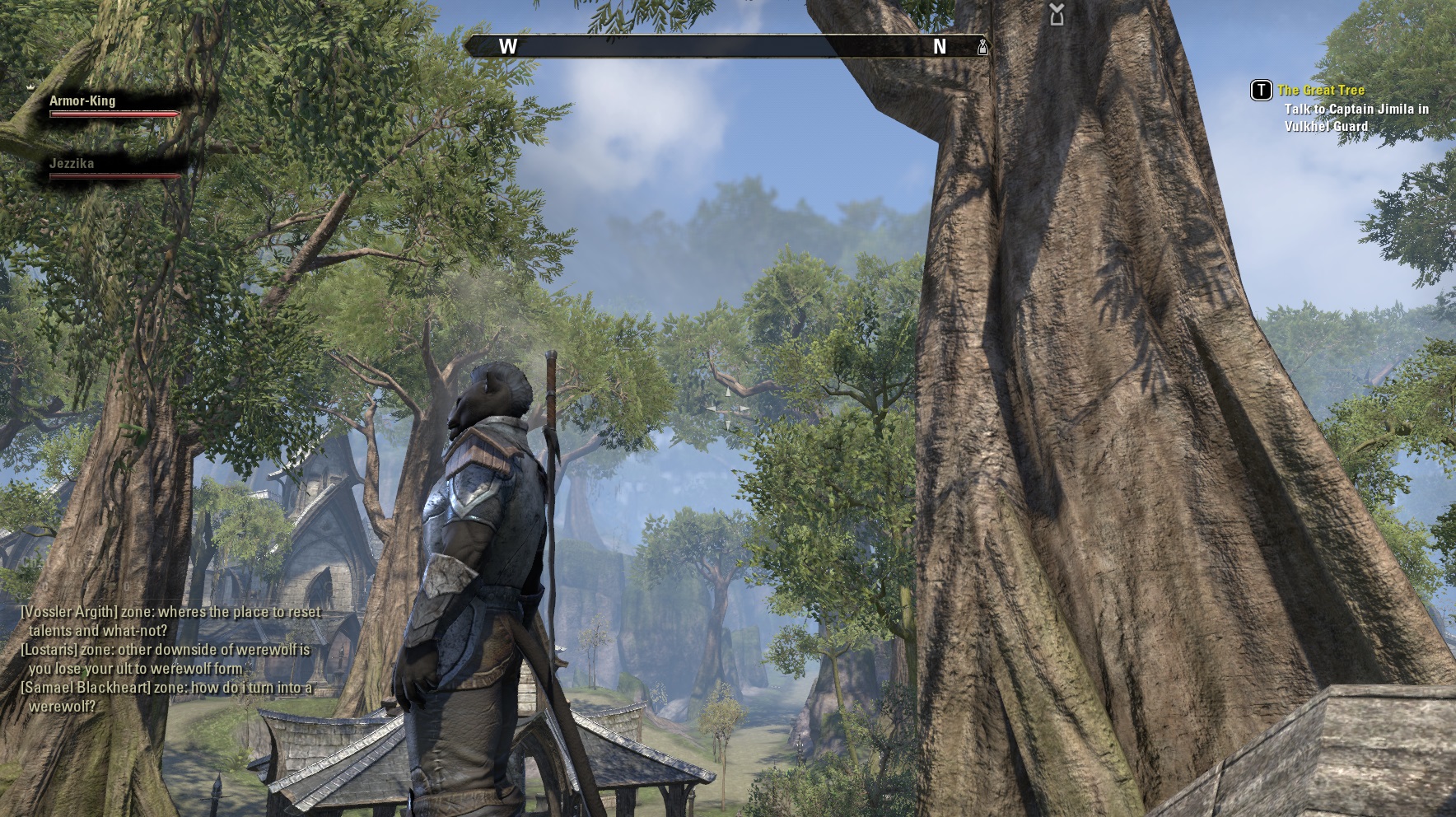 [Click to enlarge.]rn
[Click to enlarge.]rn -
The Elder Scrolls Online Review Screenshots #13
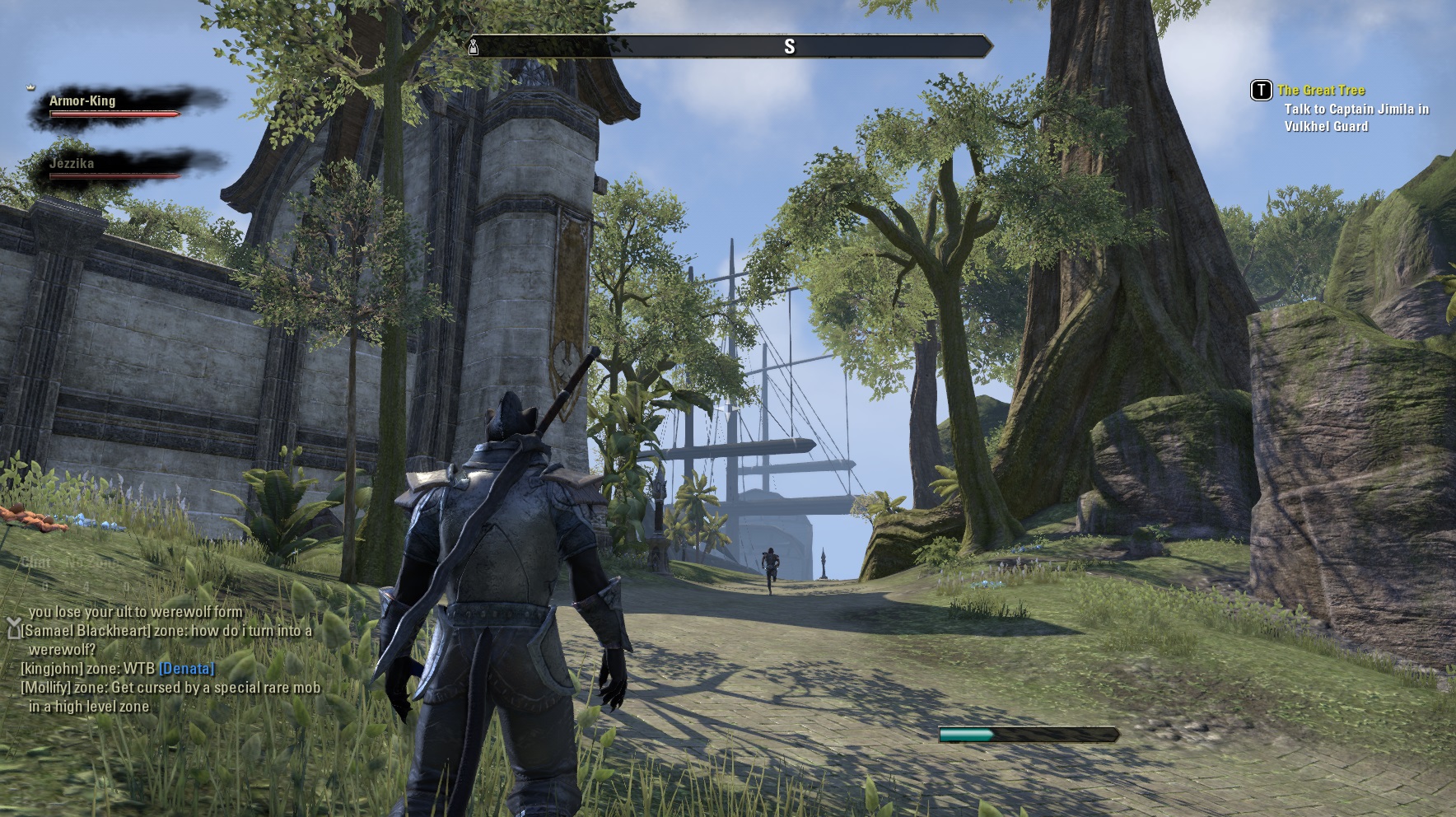 [Click to enlarge.]rn
[Click to enlarge.]rn -
The Elder Scrolls Online Review Screenshots #14
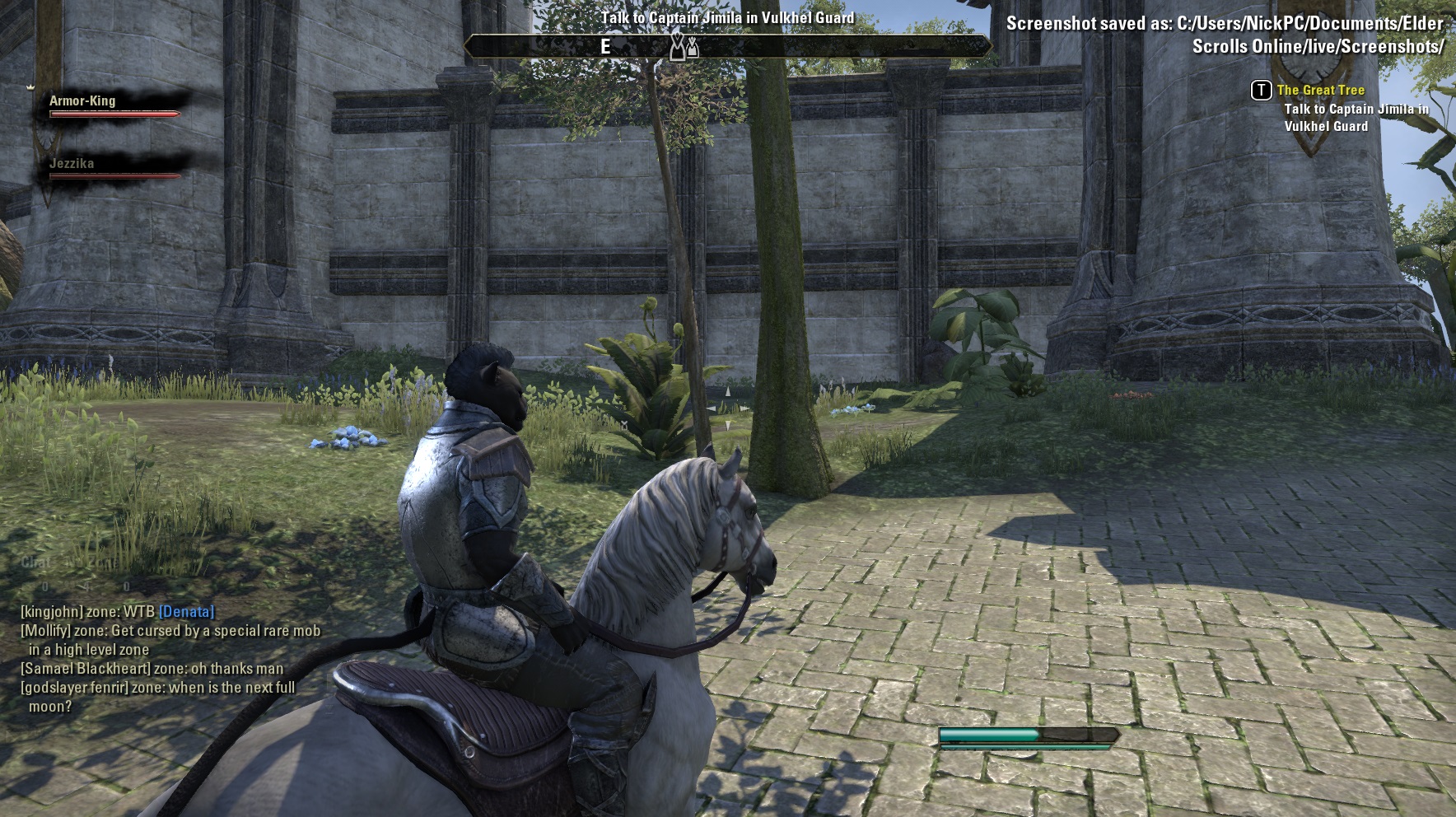 [Click to enlarge.]rn
[Click to enlarge.]rn -
The Elder Scrolls Online Review Screenshots #15
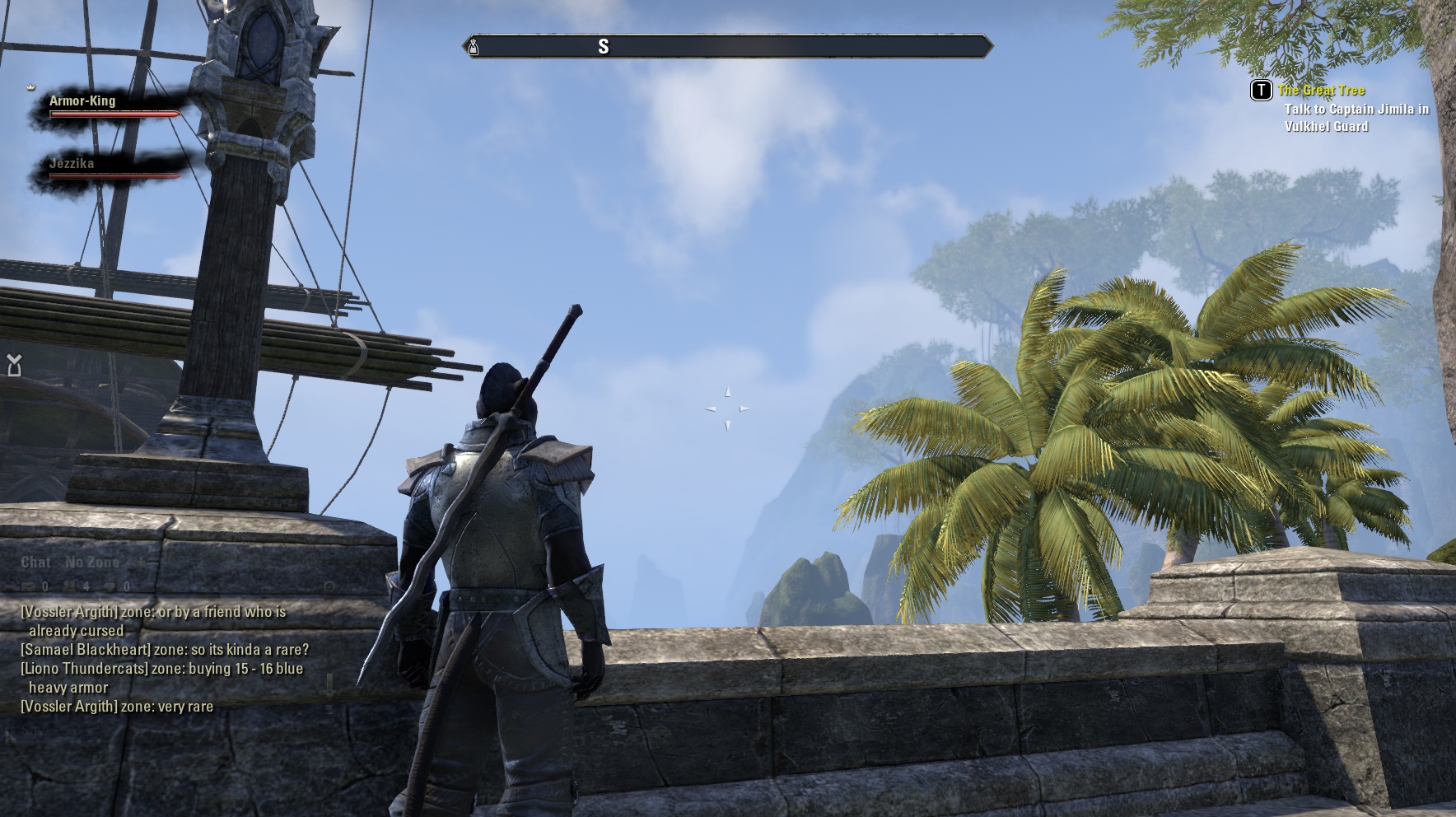 [Click to enlarge.]rn
[Click to enlarge.]rn











